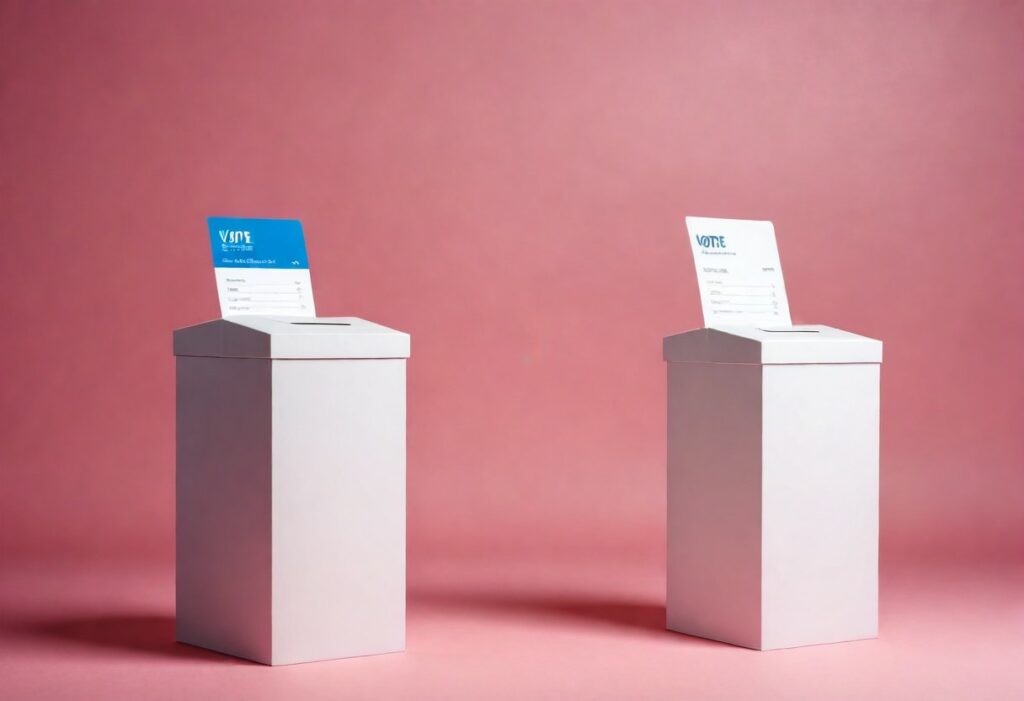In the ever-evolving landscape of blockchain technology and decentralized applications, a concept has emerged that promises to revolutionize the way we think about digital identity and ownership. This concept is known as “soulbound tokens,” and it has the potential to reshape the way we interact with the digital world.
Soulbound tokens are a type of non-fungible token (NFT) that are inextricably linked to an individual’s identity. Unlike traditional NFTs, which can be freely traded or transferred, soulbound tokens are bound to their owner’s digital identity and cannot be transferred or sold. This unique property makes soulbound tokens a powerful tool for establishing and maintaining digital identities, reputations, and credentials.
What Are Soulbound Tokens?
At their core, soulbound tokens are non-fungible tokens (NFTs) that are designed to be non-transferable and permanently bound to a specific individual’s digital identity. This means that once a soulbound token is issued to an individual, it cannot be traded, sold, or transferred to another party. Instead, it becomes an integral part of that individual’s digital identity, serving as a permanent record of their achievements, credentials, or other unique attributes.
Soulbound tokens can represent a wide range of digital assets, such as academic credentials, professional certifications, reputation scores, loyalty points, or even personal achievements. These tokens can be issued by various entities, such as educational institutions, professional organizations, or even decentralized applications (dApps) built on blockchain networks.
One of the key features of soulbound tokens is their ability to establish trust and accountability in the digital realm. Since these tokens cannot be counterfeited or transferred, they provide a secure and verifiable way to represent an individual’s identity, achievements, and credentials. This can be particularly useful in scenarios where trust and reputation are critical, such as hiring processes, academic admissions, or professional licensing.
The History of Soulbound Tokens
The concept of soulbound tokens was first introduced in a whitepaper by Ethereum co-founder Vitalik Buterin and his colleagues in May 2022. The whitepaper, titled “Decentralized Society: Finding Web3’s Soul,” outlined a vision for a decentralized society built on the principles of self-sovereign identity, privacy, and digital property rights.
In this vision, soulbound tokens would serve as a foundational component, enabling individuals to create and maintain verifiable digital identities, reputations, and credentials that could not be counterfeited or transferred. The idea was to create a system where individuals could accumulate a “soul” of digital assets and achievements that would be uniquely tied to their identity, fostering trust and accountability in the decentralized world.
How Soulbound Tokens Operate
Soulbound tokens operate within the framework of blockchain technology, leveraging the principles of decentralization, transparency, and immutability. When a soulbound token is issued to an individual, it is recorded on the blockchain, creating an immutable and publicly verifiable record of the token’s existence and ownership.
To ensure the non-transferability of soulbound tokens, they are typically designed with specific smart contract rules that prevent them from being traded or transferred to another party. These rules are encoded directly into the token’s smart contract, making it impossible for the token to be transferred or sold without violating the underlying protocol.
One of the key advantages of soulbound tokens is their ability to incorporate various types of data and metadata. This data can include information about the token’s issuer, the criteria for issuance, and any other relevant details that help establish the token’s authenticity and significance. This metadata can be stored on the blockchain or referenced through decentralized storage solutions, ensuring transparency and accessibility.
Possible Use Cases for Soulbound Tokens
Soulbound tokens have the potential to be applied in a wide range of use cases, spanning various industries and sectors. Here are some potential applications:
- Academic Credentials and Certifications: Educational institutions and professional organizations can issue soulbound tokens to represent academic degrees, certifications, or other credentials. These tokens would serve as permanent, verifiable records of an individual’s educational achievements, enabling employers or other parties to easily verify the authenticity of these credentials.
- Professional Licenses and Accreditations: Regulatory bodies and professional associations can issue soulbound tokens to represent licenses, accreditations, or other professional qualifications. These tokens would ensure that individuals cannot falsely claim or transfer these credentials, promoting trust and accountability within various professions.
- Reputation and Trust Systems: Soulbound tokens can be used to build decentralized reputation and trust systems. These tokens could represent an individual’s reputation score, based on their online activities, interactions, or contributions within a specific community or platform. This could foster trust and accountability in peer-to-peer marketplaces, online communities, or decentralized applications.
- Loyalty and Reward Programs: Businesses and organizations can issue soulbound tokens as part of loyalty or reward programs. These tokens could represent loyalty points, achievements, or other rewards earned by customers or members. Since these tokens cannot be transferred, they would ensure that rewards and benefits are enjoyed only by the intended recipients.
- Digital Identity and Self-Sovereign Identity: Soulbound tokens can play a crucial role in the development of self-sovereign digital identities. By serving as a permanent record of an individual’s credentials, achievements, and attributes, soulbound tokens can enable individuals to control and manage their digital identities without relying on centralized authorities or intermediaries.
- Digital Ownership and Property Rights: In the future, soulbound tokens could potentially be used to represent digital ownership and property rights. These tokens could be tied to an individual’s identity and represent their ownership of digital assets, such as virtual real estate, in-game items, or other digital collectibles.
Potential Challenges and Considerations
While soulbound tokens offer promising use cases and potential benefits, there are also several challenges and considerations to be addressed:
- Privacy and Personal Data Protection: As soulbound tokens are inextricably linked to an individual’s identity, there are concerns around privacy and personal data protection. It is crucial to ensure that the issuance and management of soulbound tokens comply with relevant data protection regulations and respect individuals’ privacy rights.
- Decentralization and Governance: The successful implementation of soulbound tokens relies on establishing decentralized governance models and frameworks. This includes determining the criteria for token issuance, ensuring the integrity of issuers, and addressing potential disputes or conflicts that may arise.
- Interoperability and Standardization: For soulbound tokens to gain widespread adoption, there is a need for interoperability and standardization across different blockchain networks and platforms. This would ensure that soulbound tokens issued on one network can be recognized and verified on other networks, promoting seamless integration and adoption.
- Scalability and Performance: As the use of soulbound tokens increases, it is essential to address scalability and performance challenges inherent to blockchain networks. Solutions such as sharding, layer-2 scaling, or alternative consensus mechanisms may be required to ensure efficient and cost-effective management of soulbound tokens.
- User Adoption and Education: Introducing a new concept like soulbound tokens requires significant user adoption and education efforts. Users must understand the implications and benefits of soulbound tokens and be willing to embrace this new paradigm of digital identity and ownership.
Conclusion
Soulbound tokens represent a pioneering concept that has the potential to reshape the way we think about digital identity, ownership, and trust in the decentralized world. By providing a secure and verifiable way to represent an individual’s achievements, credentials, and attributes, soulbound tokens can foster trust, accountability, and transparency across various industries and sectors.
While the concept is still in its early stages, and challenges remain to be addressed, the potential impact of soulbound tokens is undeniable. As blockchain technology and decentralized applications continue to evolve, soulbound tokens may become a critical component of the emerging Web3 ecosystem, empowering individuals to take control of their digital identities and redefining the notion of digital ownership.
As with any new technology, the successful implementation and adoption of soulbound tokens will require collaboration, education, and a continuous effort to address emerging challenges. However, if executed correctly, soulbound tokens could pave the way for a more transparent, trustworthy, and equitable digital future, where individuals can truly own and control their digital identities and assets.





